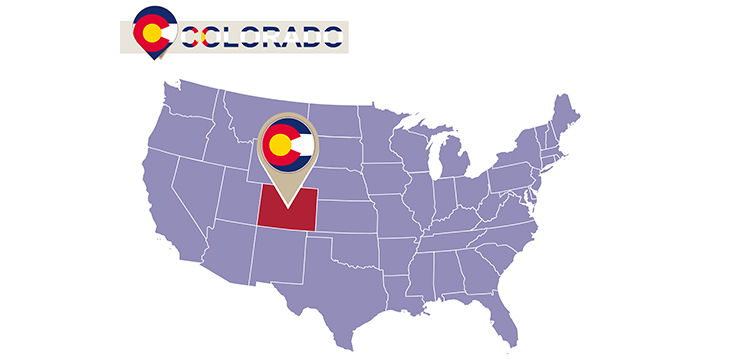|
Getting your Trinity Audio player ready...
|
The state of Colorado has passed a bill that sets the groundwork for the exploration of blockchain technology for water management. State lawmakers approved the law that also studies other emerging technologies such as remote sensors, satellite systems and unmanned aerial vehicles.
House Bill 21-1268 was passed by both chambers of the state’s legislature and was sent to Governor Jared Polis, and once he appends his signature, it becomes law. The governor recently floated the idea of the state accepting taxes in digital currencies someday. “I’d love to set that up and wouldn’t it be great to be the first state to do that?” Polis said.
The bill was co-sponsored by 45 legislators. It states that it’s in the public interest to authorize and direct the University of Colorado and the Colorado Water Institute to “conduct feasibility studies and pilot deployments of these technologies and to report to the general assembly on the potential of these technologies to improve Colorado water management.”
The use of these technologies will improve the monitoring and management of both surface and groundwater. They will also reduce inefficiency and waste as well as allow all parties to have more confidence in the data gathered.
It then lists the technologies that it will direct the university to explore, one of which is blockchain. It advocates for the use of “blockchain-based documentation, communication, and authentication of data regarding water use; fulfillment of obligations under Colorado’s system of prior appropriation, including augmentation plans; and water conservation.”
On or before July 15, 2022, the university shall provide live testimony and a written report on the progress of the feasibility studies and pilot deployment, the bill states.
The bill comes at a time when the U.S. is facing one of its worst droughts in history. Western states have had the worst of it, with 2020 being the driest—or second driest—year since record-keeping began in 1895. Already, several cities are imposing water restrictions.

 02-22-2026
02-22-2026 




